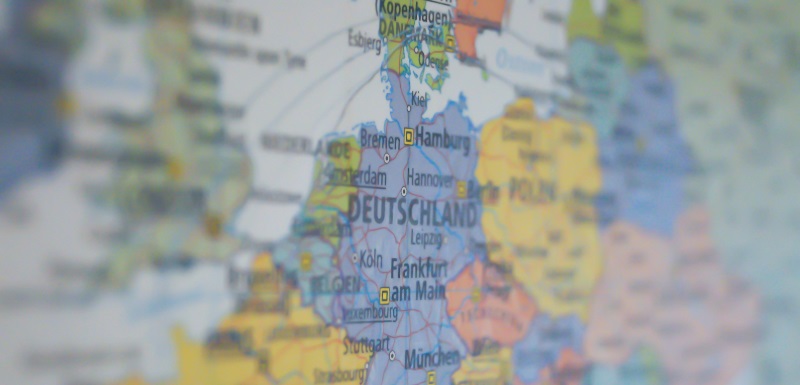Rebecca Weicht and Professor Julia Rouse assess the scale and nature of support for the self-employed in Europe

Approaches have differed across Europe
This is the second blog post analysing policy responses to support the self-employed cope with Covid19 – in the UK and comparable European economies. For our analysis of the UK’s response (as of lunchtime 24 March) and our policy proposals, please see this post.
We thought it would be helpful to think about the scale and nature of support being offered to the self-employed in other European countries as part our assessment of the UK Government’s response to Covid19. Handily, Rebecca has just been to Germany and Denmark as part of her PhD comparing social protection systems for self-employment. (Thanks to Aarhus BSS in Denmark and Institut für Mittelstandsforschung in Bonn, Germany, for hosting her stays).
Germany and Denmark are good comparators because, whilst they are economically comparable and spend somewhat similar percentages of GDP on social protection (between 14.9% in the UK and 21.9% in Denmark in 2018; Eurostat, 2020), they have different philosophical approaches to social protection compared to the UK. The UK is known as a neo-liberal system in which self-help and household self-reliance is highly prioritised.
In Germany, there is a traditionally conservative approach that is founded on a Prussian paternalistic understanding of responsibility of the state towards its people. In Denmark, there is a more communitarian system so everyone pays more tax but they also have more call on state support when they need it. Notably, Denmark is also the country in the EU and among the three countries with the lowest self-employment rate at 8%, compared to 15% in the UK (Eurostat, 2019).
We expected that different approaches to social protection would shape Government responses to Covid19, but only to some extent. The purpose of Covid19 policy is different to social policy: governments want to foster self-isolation and social distancing behaviours for the communal purpose of slowing down the pandemic so that health services can cope, as well as support individuals and families.
So, we expected that political ideals that normally drive social policy will be suspended somewhat while all Governments adopt a more communitarian response. So – is that what the UK is doing? Let’s think about that by comparing with the German and Danish responses.
Please click here to read the full Blog.




